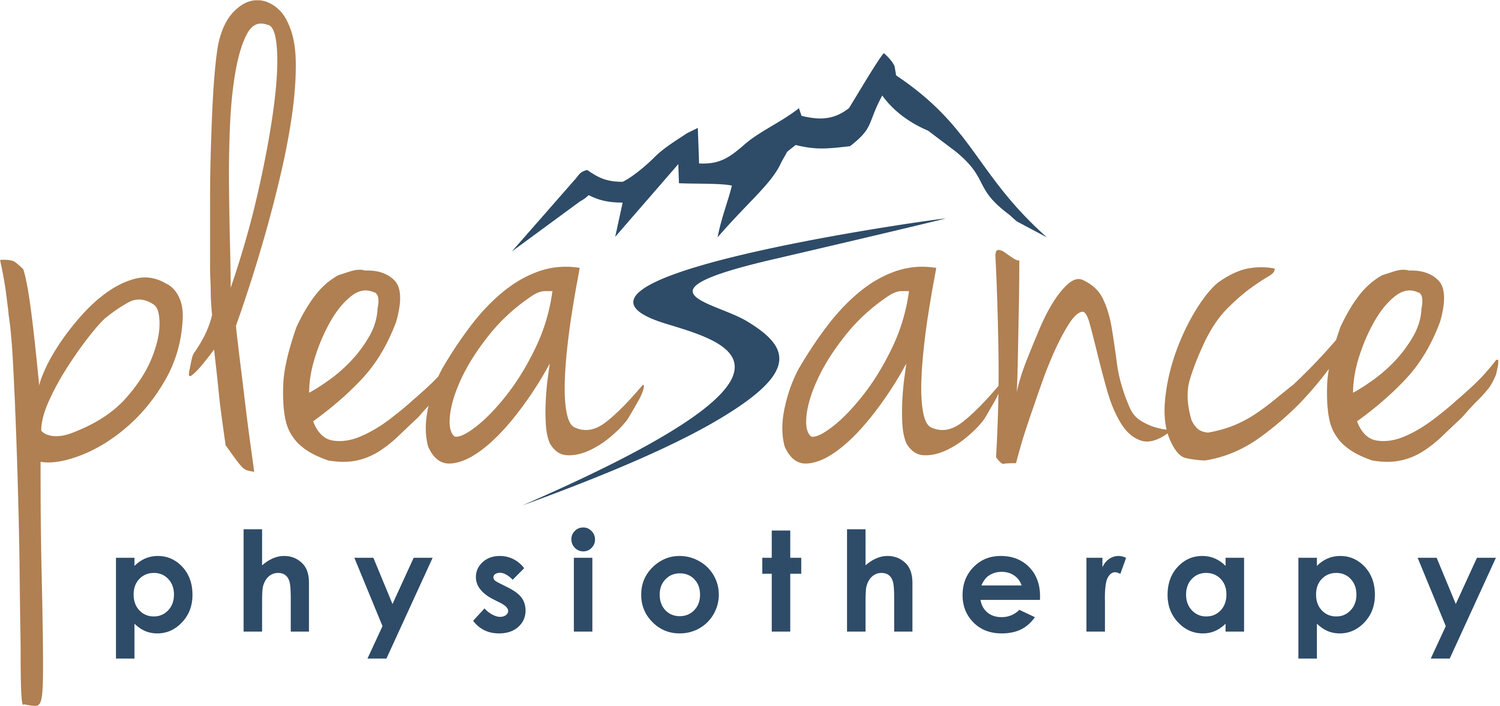
Vestibular Therapy
Treatment for vertigo, dizziness and balance conditions, including BPPV
About Vestibular Therapy
Vestibular therapy is a type of treatment used for specific forms of vertigo and dizziness.
Common conditions treated with vestibular therapy include:
Benign Paroxysmal Positional Vertigo (BPPV)
Vestibular neuritis/labyrinthitis
Vestibular migraine
Unilateral vestibular hypofunction
Cervicogenic dizziness
Post concussion syndrome
Meniere’s disease
Vestibular deconditioning (due to age or inactivity)
The vestibular system is located in the inner ear and plays an essential role in detecting head position and movement. It coordinates with other senses (ie. vision and joint positional awareness) to maintain balance and postural control.
When the vestibular system is not working correctly it can cause a variety of symptoms, including:
dizziness or disequilibrium
vertigo (spinning sensation)
balance difficulty
changes with walking (ie. drifting to one side)
vision changes (blurry vision, difficulty looking at
screens, difficulty reading)cognitive changes (memory and focus difficulty, anxiety and depression)
nausea or vomiting
Vestibular disorders can come ‘out of the blue’ or be connected with other conditions or diseases, for example, after a motor vehicle accident, or concussion. The most common cause is BPPV (Benign Paroxysmal Positional Vertigo).
Vestibular therapy begins with a thorough assessment, which consists of:
a detailed history of your symptoms and medical history
evaluation of eye movements and head movements
assessment of balance, walking pattern and motion sensitivity
assessment of other areas which may contribute to dizziness and balance (ie. the neck)
Following an assessment, a variety of treatment options are available, depending on the cause of the symptoms. Treatment can include, visual exercises, canalith repositioning maneuvers, balance exercises, and motion sensitivity training. In the case of BPPV, canalith repositioning maneuvers are used to treat this condition, often with dramatic and quick resolution of symptoms.
Dizziness and vertigo disorders can be frustrating to deal with, and they are frequently mismanaged in the health care system. Vestibular therapy, however, is backed by research and highly effective at treating vestibular disorders. Unfortunately, it is not well known. Physiotherapists who practice vestibular therapy have done specialized post graduate courses in order to treat these conditions.
Please reach out if you have any questions regarding vestibular therapy.
Vestibular Therapy FAQ
-
After you book your initial vestibular assessment it can be helpful to take a few moments and prepare for your visit. Think about when your symptoms began. Was there anything to connect it to? Note if there was an injury, or change in routine that may have contributed to what you are feeling.
Is there anything that makes your symptoms worse? Is it movement related? Can you watch screens (TV, phone)? Can you be in loud or bright environments?
When do you symptoms feel better? Is it certain times in the day?
You know what you are feeling best! The more detail you can provide, it can help us determine the cause of your symptoms more efficiently and get you feeling better faster!
-
Your first visit will be an initial assessment get to the bottom of your dizzines/vertigo. It will also include an initial treatment, education and exercise recommendations.
Your therapist will start with a thorough history of your symptoms, including medical history and gather further details around your symptoms.
Then we will go through a physical assessment that can consist of: visual testing, balance testing, motion sensitivity testing and watching you walk.
-
On your fist visit, it is best to arrange a ride. Have someone drive you to your appointment and pick you up.
Once we know more about you and your condition,
-
-
Item description


